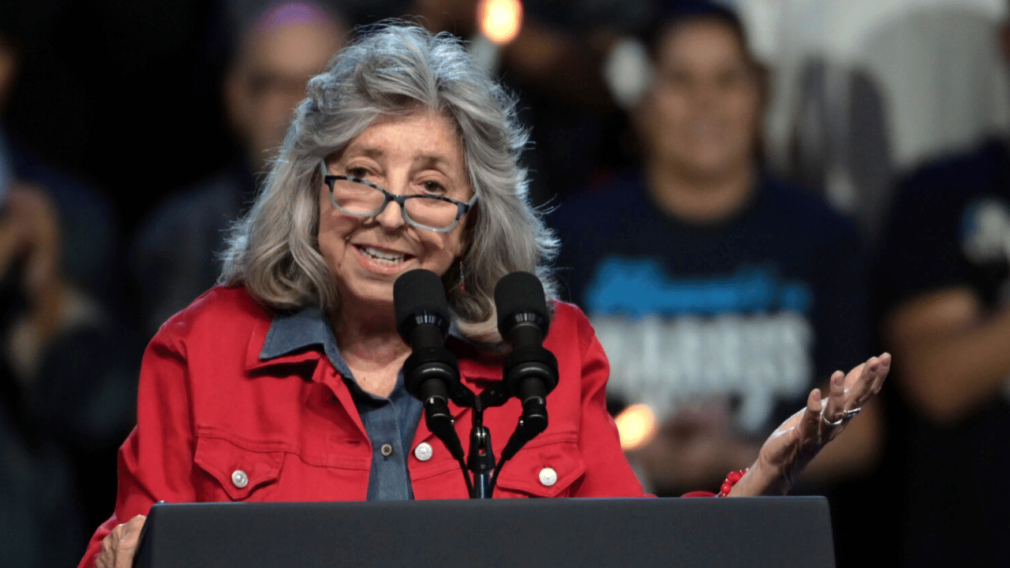Rep. Dina Titus Attaches FAIR BET Act to ‘Must-Pass’ Defense Legislation
Nevada Representative Dina Titus is employing a shrewd legislative tactic in her effort to repeal a controversial new tax rule affecting gamblers. She has attached her “FAIR BET Act” as an amendment to the National Defense Authorization Act (NDAA) for 2026, a move designed to fast-track its passage by linking it to the essential annual defense spending bill.

Undoing the “Phantom Income” Tax
The target of Titus’s amendment is a provision within the recently passed “One Big Beautiful Bill Act” (OBBBA). That law, signed into effect on July 4, reduces the amount of gambling losses that can be deducted from winnings from 100% to 90%.
The gaming industry and its advocates have fiercely opposed this change, arguing it creates an unfair situation where a player who has a net loss for the year could still face a tax liability. This has been dubbed a tax on “phantom income.” The American Gaming Association has called the provision an “unfair precedent” that “uniquely punishes a legal, highly regulated activity.”
Titus’s FAIR BET Act is a simple, one-line bill that aims to reverse this change by striking the “90 percent” language from the new law and replacing it with “100 percent,” effectively restoring the previous tax rule.
A Strategic Legislative Play
By attaching her bill to the NDAA, Titus is leveraging a piece of legislation that is widely considered “must-pass” by Congress each year. This tactic increases the likelihood that her amendment will become law without having to go through the lengthy and uncertain standalone legislative process.
The move is designed to force a vote on the issue and bypass potential committee hurdles. Titus has called on her Republican colleagues to support the amendment when it comes before the House Rules Committee in September.
Bipartisan Support and a United Industry
The effort to repeal the 90% loss deduction limit has garnered significant bipartisan support. Titus’s original bill has 10 co-sponsors, and similar legislation has been introduced by other lawmakers, including Republican Representative Andy Barr of Kentucky.
The gaming industry has also mounted a unified lobbying effort against the new tax rule. Executives from major operators like MGM Resorts, Caesars, and Wynn have met with lawmakers to express their concerns. The Nevada Resorts Association and Nevada Governor Joe Lombardo have also voiced their support for the repeal.
Recommended
